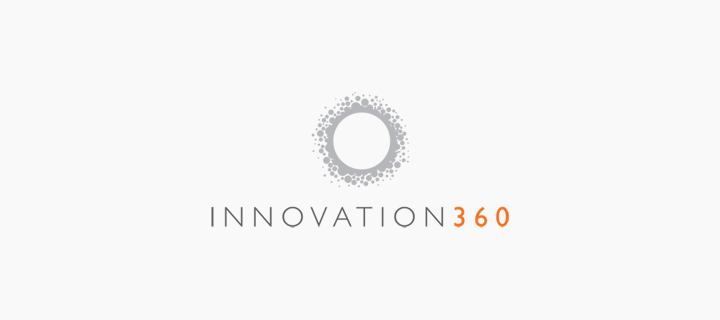Determining the Diagnosis: Are You Addicted to Technology?
Let’s not even mention the way it affects your personal well-being and life balance. We won’t talk about how it distracts you from investing in self care and personal responsibilities. Or go into detail about how it robs your relationships of quality time and depth. When it comes to excessive technology use, studies are showing that it truly affects people in a way that is entirely too similar to drug addictions. It not only impacts people’s lives and their relationships in similar ways, but also the brain.
Deeper things are happening in the brain when we overload on technology. Some of the brain’s impacted areas are those that provide the ability to emotionally connect, plan, organize, and get things done. Research has also revealed that dopamine is released in the brain while using certain forms of technology – which creates similar changes in the brain as drug use. This dopamine release can lead to similar patterns that an alcoholic experiences – craving, addiction, and withdrawal. When you think about it, an addict or alcoholic prioritizes the drug of choose above all else. Above relationships, work, family, health, and even above their own well-being. They will continue to “use” despite harm, attempt to scale back without success, spend way too much time thinking about getting their hands on it, and need more to get the same “high”…The crazy thing is, these scenarios apply in a similar way to the person who excessively uses technology. Scary stuff, right?
How do you know if you are suffering from addiction to technology? Here are some specific questions to help you identify if it’s time to scale back and make some changes for the health of your own life and the relationships around you.
1. Do you often feel preoccupied with the Internet? Maybe you go into a meeting at a work and after an hour you just can’t wait to log in to Twitter. Maybe you find yourself perusing the web during dinner. If you are constantly thinking about previous online activity or anticipating your next Facebook session, this could be a sign of trouble.
2. Do you feel the need to use the Internet with increasing amounts of time in order to achieve satisfaction? Maybe what once was logging in to check Facebook once a day has become hours of time spent online. This happens with addiction – addicts may find themselves needing 4 or maybe 5 times as much alcohol to get that same euphoria they’d get after only a few drinks a year ago.
3. Have you repeatedly made unsuccessful efforts to control, cut back, or stop your Internet use? Maybe you have tried the trick where you put your phone in the back of the car to avoid use at stop lights – but you just can’t get enough. It just sucks you in. . .
4. Do you feel restless, moody, depressed, or irritable when attempting to cut down or stop Internet use? You just can’t wait to refresh, to check your email, to browse Facebook, and you can’t stand being disconnected for too long. Sounds like withdrawal symptoms for the drug user, right?
5. Do you stay online longer than originally intended? You look at your watch and all of a sudden three hours have flown by. And you didn’t get done the errands you needed to do. You didn’t go workout. You didn’t call your dad back. You’re running late to work.
6. Have you jeopardized or risked the loss of a significant relationship, job, educational or career opportunity because of the Internet? This might sound far-fetched but it happens. You miss a deadline at work because you’ve spent too much time online, on Facebook, on Twitter – it’s eaten up the good half of your day and now your presentation won’t be finished. Or it won’t be finished well. Your work is suffering.
7. Have you lied to family members, a therapist, or others to conceal the extent of your involvement with the Internet? You may have made up a story about what you were doing that took up your time and made you unable to go to social functions or spend time with family and friends. And that story didn’t involve technology, gaming, the Internet.
8. Do you use the Internet as a way of escaping from problems or of relieving a dysphoric mood (e.g., feelings of helplessness, guilt, anxiety, depression)? You may find that you don’t need to think about the situations in your life that are causing you grief, you just get to unplug and relax. But soon you have to go back to reality, right? What then?
Addicts neglect family, work, studies, social relationships, and themselves. An addiction to technology is a mind-altering obsession that can be found due to excessive use of video games, iPods, YouTube, facebook, and other evolving communication applications. At Innovation360 we provide help for this kind of addiction, and many other addictions and life struggles, in order to help people find more joy-filled lives. If you believe you are struggling with technology addiction, then this is a place where you can find your way back to a healthy, well-balanced life.
Written by Jennifer Updike, October 2014
Resources:


